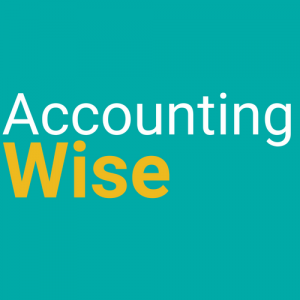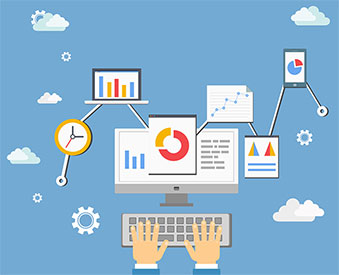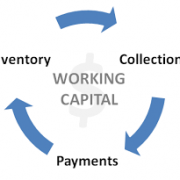How Cloud Accounting Helps Your Business
Spreadsheets may have served you well, but is there a better way for you to keep your business’ books up-to-date? Have you thought about Cloud Accounting?
Rather than having your time taken away from you by the mundane task of inputting data into a spreadsheet, which you can only do from one computer, why not instead use a simpler solution?
Cloud based accounting software is straightforward and offers a whole heap of benefits, including remote management and real time updates.
Here’s exactly what can cloud accounting do to help your business.
Traditional accounts v. modern accounts
Cloud software is becoming a familiar port of call for business functions. However, it is still a relatively new concept.
Accounting, on the other hand, is an age old practice. The result can be that we stick with traditional methods of bookkeeping without realising the benefits that a more modern approach can bring.
Cloud accounting makes everything easier: from record keeping to managing transactions, and from paying bills to chasing invoices. The primary way in which cloud accounting helps is by removing bookkeeping from being a ‘task to be done’. Instead of storing everything up for one big hit that takes you hours, cloud accounting is about little and often, and in so doing, making short work of a job that no one loves.
There’s also the issue of accuracy. With the best will in the world, traditional bookkeeping methods fall foul of human error. They simply can’t dot every I and cross every T. You’re rushed, time-pressured, and only human.
Cloud based accounting helps to eliminate a large degree of human error. There’s less room for mistakes from repetitive data entry and there’s a ‘computer brain’ flagging them up if they do occur.
Embracing technology shouldn’t be a terrifying prospect. It should be a welcome one.
Cloud accounting makes everything simpler
Whilst the benefits to you as the business owner are worth it in themselves, cloud accounting also makes things easier for both your accountant and HMRC, should they wish to check. This in turn benefits you, creating a symbiotic relationship whereby you can be sure you’re taking the shortest route to the greatest gain.
Cloud accounting also enables you to link to your banking feeds. In this way you have complete transparency and accuracy across your systems. There is no stone left unturned because the system will flag it up. This makes reconciliation infinitely easier than being sat with a pile of invoices and a calculator. As transactions occur they feed through to your books. It really is that easy.
Furthermore, modern business life is infinitely mobile and infinitely connected. You can’t leave your accounting out in the cold. Cloud accounting enables you to stay on top of your books wherever you are as long as you have an internet enabled device. This means no storing up receipts until the end of a business trip just to lose them on the way home.
Another real benefit of cloud accounting rather than a software programme you install on your desktop is that you always benefit from using the most up-to-date system. You don’t have to spend time updating the software with a new version. It’s done for you, behind the scenes, without costing you any extra.









